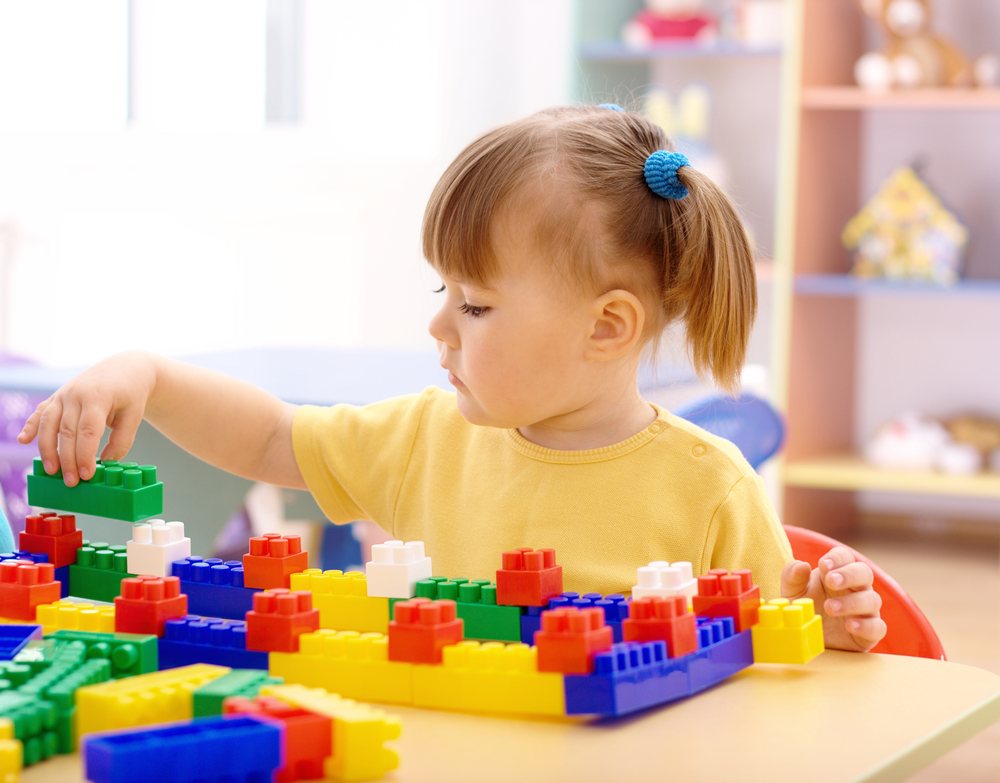Monitoring, Screening, & Evaluation
Developmental monitoring, screening, and evaluation are important practices and tools for healthy early childhood development.

Developmental monitoring is observing how your child grows and changes over time and whether your child meets the typical developmental milestones in playing, learning, speaking, behaving, and moving. It’s something parents and other caregivers can do on a regular and ongoing basis.
Developmental milestones track when or whether a child reaches the milestones that are expected by his or her age. Tracking milestones helps parents know what skills are typical at different ages and what to expect next. It also helps you know when to act if you have a concern or if there are signs of a possible developmental delay or disability. This way, you and your children can get the services and supports you need as early as possible.
When you take your child to a well visit, your doctor or nurse will also do developmental monitoring. The doctor or nurse might ask you questions about your child’s development or will talk and play with your child to see if he or she is developing and meeting milestones. Your childcare provider can also be a valuable source of information on how your child develops.
Developmental screening is more formal than developmental monitoring, is normally done less often, and takes a closer look at how your child is developing. The tools used for developmental and behavioral screening are formal questionnaires or checklists about a child’s development, including language, movement, thinking, behavior, and emotions. Developmental screening can be done by a doctor or nurse, but also by other professionals in healthcare and early childhood education, such as the professionals at your local Child Development Center.
You can learn about the benefits of screening at a Child Development Center here, and get an overview of how screenings are conducted here.
Developmental evaluation is a formal, in-depth evaluation of a child’s development that is performed by a specialist, such as an Early Childhood Special Educator, developmental pediatrician, child psychologist, speech-language pathologist, or occupational therapist. The need for a developmental evaluation is established after a developmental screening is performed. A brief test using a screening tool does not provide a diagnosis, but it indicates if a child is on the right development track or if a specialist should take a closer look.
During the evaluation, a specialist may observe the child, give the child a structured test, ask the parents or caregivers questions, or ask them to fill out questionnaires. The results determine whether a child needs special treatments or early intervention services or both.
Learn more about screenings, milestones, and development with these free resources created for Wyoming families.
*Content adapted from the Center for Disease Control and Prevention.
In Wyoming, developmental screenings are free, and there are 14 child development centers across the state that provide these services.
Read about the value of having a developmental screening at a Child Development Center.

Wyoming Department of Health
(307) 777-6972
(307) 777-7515
Screen for Success is for every child and every family in Wyoming, without exception, and without discrimination.

